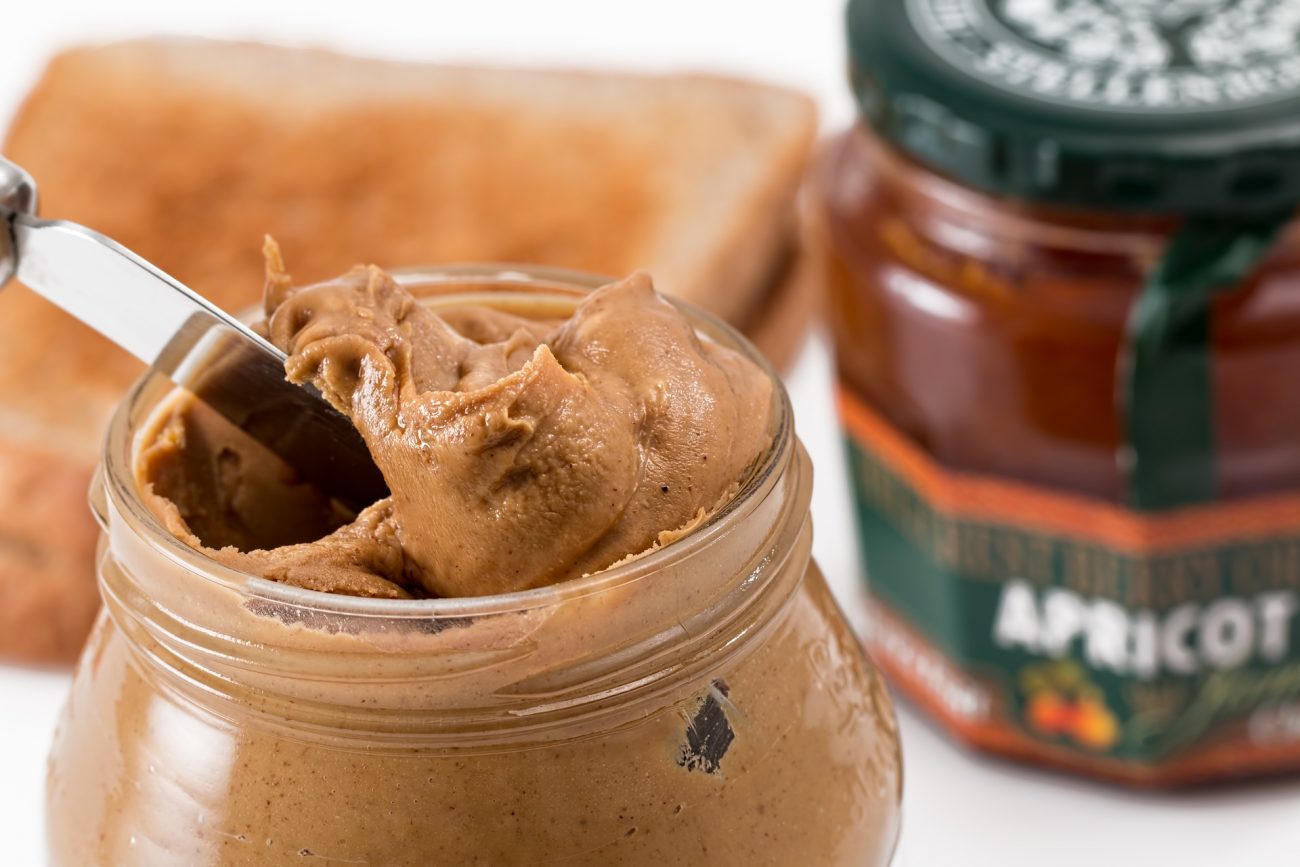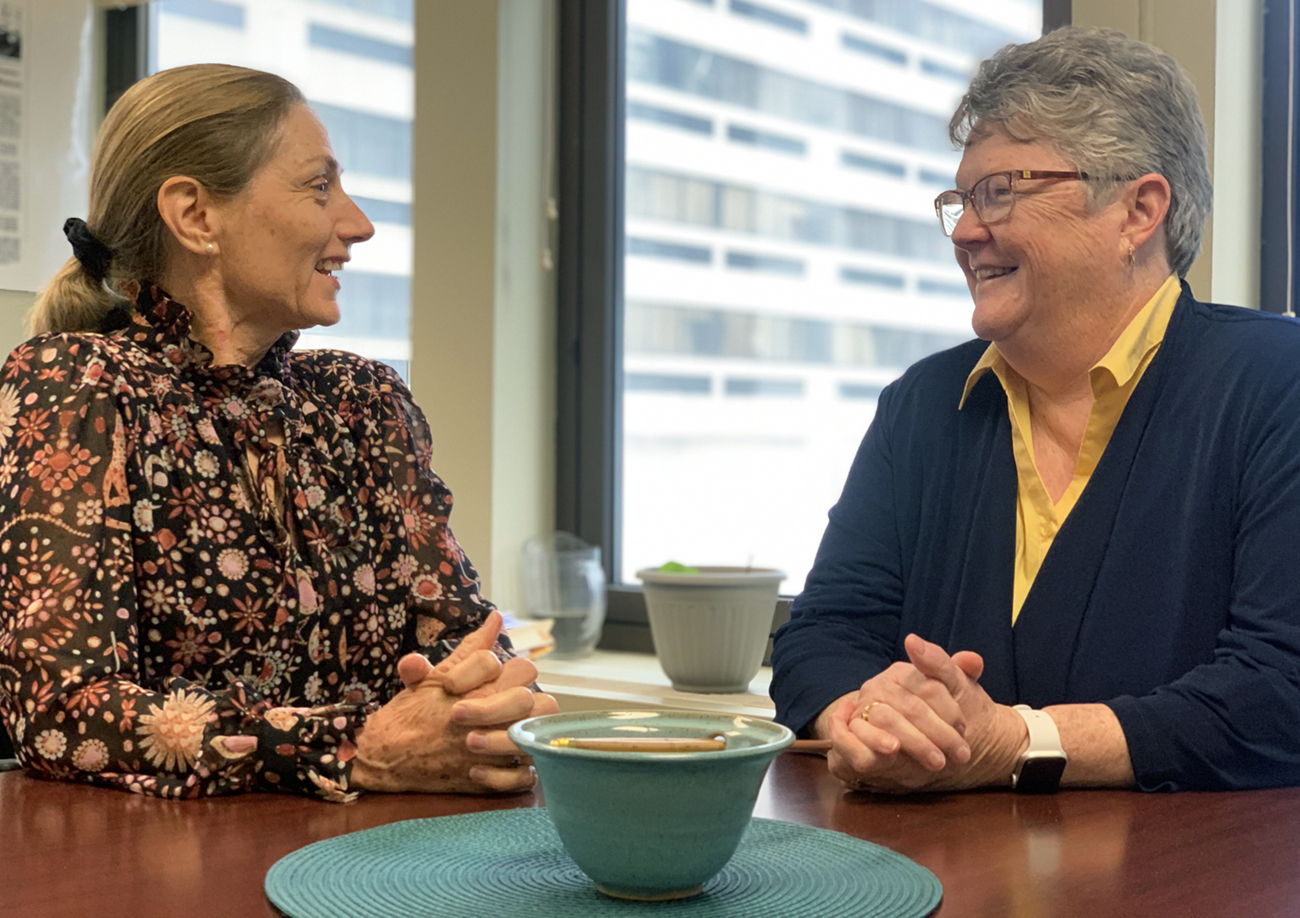
(Steve Buissinne/Pixabay)
The recall of a top peanut butter brand is a teaching moment on safely donating food, said leaders of an archdiocesan hunger relief agency.
Staff at Nutritional Development Services (NDS) have been inspecting inventory for jars of Jif peanut butter, several batches of which have been linked to outbreaks of salmonella in a number of states.
On May 20, manufacturer J.D. Smucker issued a voluntary recall of select Jif products made at its Lexington, Kentucky facility with lot codes 1274425 – 2140425.
The U.S. Food and Drug Administration (FDA) and the Centers for Disease Control, along with state and local authorities, are investigating the outbreak of the disease, which can “can cause serious and sometimes fatal infections” in young children, seniors and those with compromised immunity, according to the recall announcement.
The FDA has warned consumers not to eat the recalled product, and to wash and sanitize any utensils or surfaces with which it may have come in contact.
As a convenient and inexpensive source of protein, peanut butter is a staple at NDS’s network of food pantries throughout the five-county area – but the agency, which is in the middle of its Manna Sunday campaign, “pulled all the Jif today” for examination, said NDS director Lizanne Hagedorn.
[hotblock]
Along with donated jars of Jif, “more worrying” are the hundreds of homemade peanut butter and jelly sandwiches that are regularly donated to the agency, said Denise Hopkins, administrator of NDS’s Community Food Program.
The agency receives “anywhere from 600 to 900” sandwiches each week, distributing them in turn to St. John’s Hospice, an archdiocesan ministry to those experiencing homelessness in downtown Philadelphia, and similar outreaches such as St. Francis Inn and the Padre Pio Prayer Center, located respectively in the city’s Kensington and Frankford sections.
NDS’s largest sandwich supplier, a Hatfield-based ministry called Bread Drop, has already been alerted to the recall, said Hagedorn.
The agency also has a number of safeguards in place to ensure food safety, said Hagedorn and Hopkins.
A registered dietician on staff reviews the nutritional content of donated and purchased items, while monitoring FDA and other consumer updates. Several other NDS employees also stay on top of safety and recall issues, while full-time NDS driver Donald Devlin examines donations and deliveries at the various pantry sites, said Hagedorn.

Food safety is key at all levels in hunger relief outreach, said Lizanne Hagedorn (left), director of archdiocesan Nutritional Development Services (NDS), and Denise Hopkins (right), administrator of NDS’s Community Food Program. (Gina Christian)
She and Hopkins also urged donors to be mindful of basic food safety when sending items to NDS, especially since clients “so often … are vulnerable in some way, due to their health, their age or their dignity,” said Hagedorn.
Checking for — and accurately understanding — food product dating on items is key, she said, admitting that the differences between “best by,” “sell by” and “use by” can be “confusing” at times.
“The public (sees) all these phrases on food, not really knowing what (they) mean,” she said.
The U.S. Department of Agriculture, with which NDS partners to administer several federally funded programs, provides a user-friendly overview of the terms on its website — although “not everyone has access to a computer to look up” the information, Hagedorn noted.
That’s why simple visual inspection of items is important, she and Hopkins said.
Dents, rust and missing labels are red flags, so “check before you give,” said Hopkins.
And that includes examining the heart, added Hagedorn.
While food collection drives may seem like a chance to clear the kitchen of unwanted items, NDS strives to “buy what we would eat,” she said. “When we do a peanut butter and jelly drive, it’s food we love, and we want the person who receives it to enjoy it and the health benefits of it — whatever peanut butter and jelly means to them.”
***
For more information on the May 2022 recall of select Jif products, visit the website of the U.S. Food and Drug Administration.
To donate to archdiocesan Nutritional Development Services’ Manna Sunday campaign, visit agency online at YouGiveGoods.
To arrange pickup of a donation to NDS, contact Denise Hopkins, administrator of the NDS Community Food Program, at 215-895-3470 ext. 77823 or dhopkins@ndsarch.org.
PREVIOUS: Six new priests followed Jesus call in their hearts to the altar
NEXT: Catholic school student raises funds, and hope, for Ukraine



Share this story